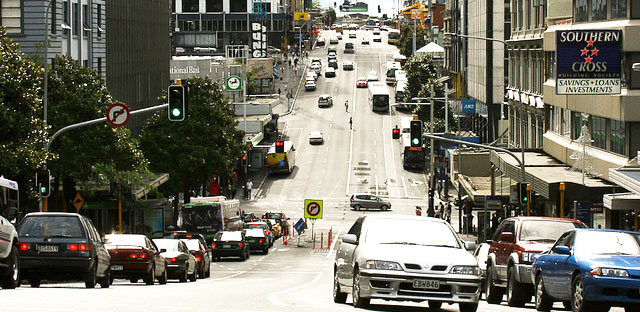New Zealand has a lot of second-hand cars. Since import rules changed in the 1980s, there has been a surge in the number of used cars imported from Japan (and other places), hence the phrase: “Jap import”. The imports themselves are not that old, but they tend to stay on the roads for a long time. So, while the quality of the New Zealand vehicle fleet is a bit of a mixed bag, there are some easy steps to ensure you’re not landed with a danger.
“NZ New”
“NZ New” is another well-worn phrase by car dealers. Literally, it simply means the car is being sold in New Zealand for the first time and was bought second hand somewhere else, probably Japan. And that’s all it means.
Dealer or private vendor?
This is important because dealers are subject to the Consumer Guarantees Act, and private vendors are not. This government act provides significant protection for buyers. In particular, if a previous owner has used the vehicle to secure a loan, and defaulted on that loan, then their creditors can take possession of the car, regardless of who owns it.
If that lamentable outcome happens to a car sold by a dealer, the dealer is still obligated to their buyer. But private vendors are not. You’ll lose the lot. It’s been known to happen.
Vehicle history
The best protection against this miserable scenario is to view the vehicle’s history. All legally registered cars have their historical details stored with the government. This includes whether there’s money owing, whether there is any evidence of speedo-tampering, who’s owned the car (and when) and so on.
The easiest way to get this information is from a number of online organisations, including Car Jam, the AA, Motorweb or Check. The information is usually immediate, and not expensive. With most providers, you can bulk purchase a number of reports in advance, which makes sense if you’re in the midst of a search.
Mechanical inspection
Before you commit to a vehicle, get it checked out by someone who knows. This usually costs between $100 and $135.
Most mechanics will inspect a vehicle for pre-purchase, but some of the larger organisations are much more efficient and will go to the vehicle: much easier than having to deliver it.
WOF
The Warrant of Fitness (WOF) is the standard measure of road-worthiness administered by the government. In fact, it’s an outsourced service: nearly all mechanics are registered to issue a WOF. Currently, WOF’s are good for six months. So if it’s nearing expiry, and the car’s not a rust-bucket, it might be reasonable to suggest a new WOF as a condition of purchase.
A WOF usually costs between $20 and $40 (plus whatever mechanical repairs are required if it fails).
Reg
Registration is just that. Effectively, it’s a tax in return for which you get to keep your number plates. It’s about $50 for a 12-month registration. However, added to this is a levy which is paid to the Accident Compensation Corporation. This is the government agency which pays out costs resulting from accidents, and the levy varies depending on the make, model and year of your vehicle. Generally, it’s between one and two hundred dollars.
So, if you’ve found a car you like, checked out its history, and had it cleared by a mechanic, what are you waiting for?

